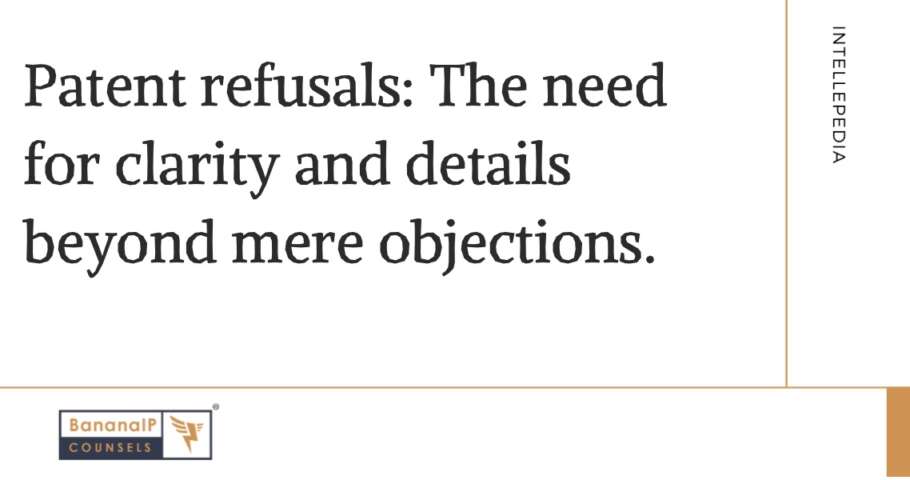The Madras High Court has overturned the rejection of Kymab Limited’s patent application related to generating antibodies in non-human mammals. The Court found that the invention does not fall under Section 3(i) of the Patents Act, 1970, as it is not a method for treating animals but a process for producing antibodies using genetically modified animals. The patent is now set to be granted. Continue Reading Methods for Antibody Production in Genetically Modified Animals are Patentable; they are not covered…






